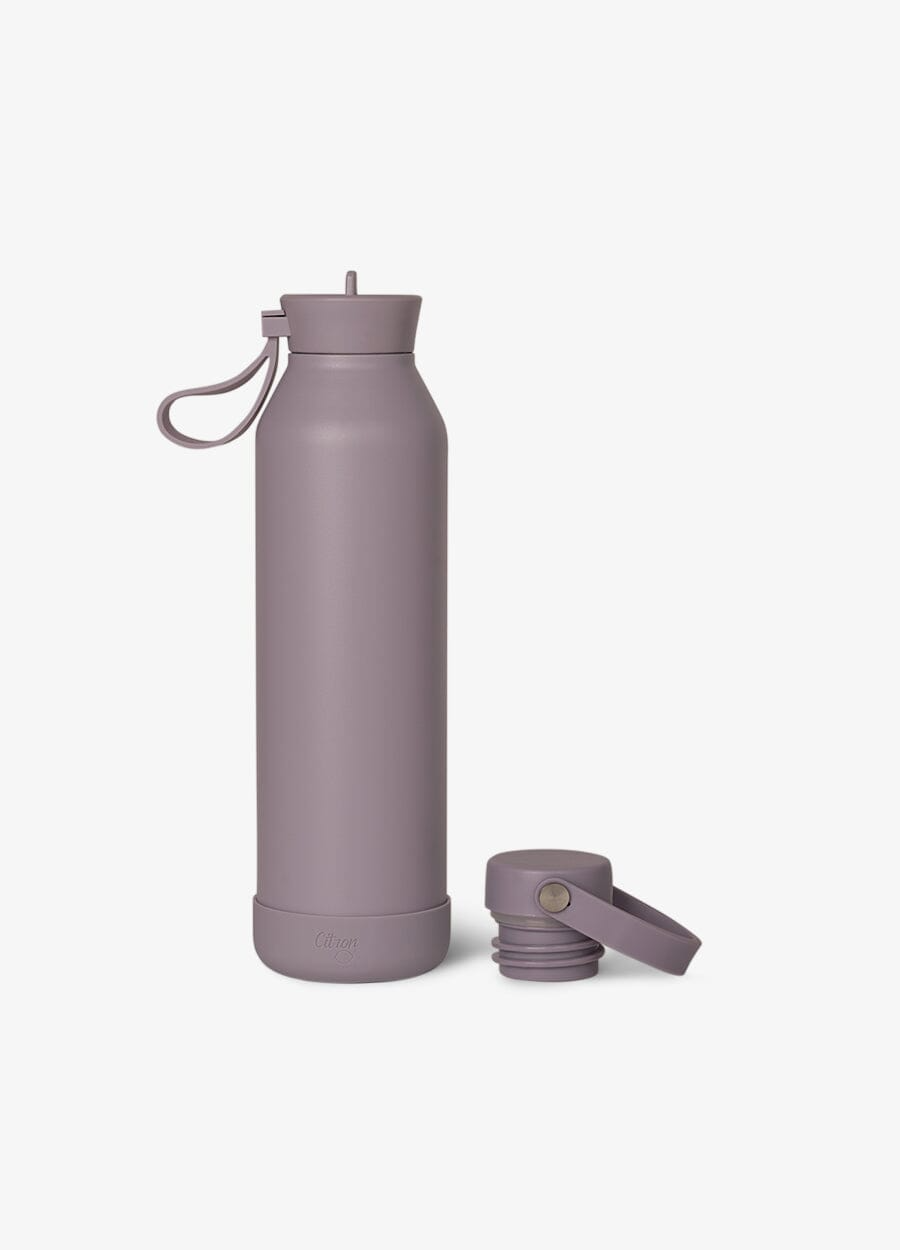
Choosing a safe water container is an important part of staying healthy. Some bottles can release chemicals into drinks, which can change the taste and may affect well-being over time.
A reliable water bottle made from non-toxic materials keeps beverages fresh, clean, and free from unwanted substances. This makes drinking water safer and more enjoyable every day, whether at school, work, or during outdoor activities.
Stainless Steel Bottles:
Stainless steel is a popular choice for non-toxic bottles because it does not react with liquids. This keeps water tasting clean and natural. Stainless steel is strong, long-lasting, and resistant to dents, scratches, and daily wear. Many bottles have double-wall construction, which helps maintain the temperature of drinks for hours. They are easy to clean, rarely hold odors, and do not stain from beverages.
Glass Bottles:
Glass is another excellent option for non-toxic water bottles. It contains no BPA, phthalates, or other chemicals that could seep into drinks. Glass bottles do not change the flavor of water, providing a pure drinking experience. Many glass bottles come with protective silicone sleeves that prevent breakage and improve grip. While glass bottles are heavier than plastic or metal, they are simple to clean, reusable, and safe for repeated use. They are a good choice for people who prioritize taste and chemical-free materials.
BPA-Free Plastic Bottles:
Plastic can be non-toxic if it is labeled BPA-free. BPA, or bisphenol A, is a chemical found in some plastics that may enter liquids and affect health. BPA-free plastics avoid this issue and are lightweight, durable, and easy to carry. They are convenient for sports, school, or travel. Choosing a BPA-free plastic bottle gives peace of mind while still offering portability and convenience, making it easier to stay hydrated throughout the day.
Silicone Components:
Some water bottles include silicone for lids or protective sleeves. Food-grade silicone is flexible, safe, and non-toxic. It helps create a tight seal to prevent leaks and protects glass bottles from impacts. Silicone does not release harmful substances into drinks, which adds an extra layer of safety.
The ideal material depends on your needs. Stainless steel provides durability and temperature control, glass offers purity and taste, BPA-free plastic is lightweight and convenient, and silicone adds protection and sealing. Understanding these materials helps you pick a bottle that keeps water safe, fresh, and enjoyable all day. Selecting the right option supports both health and practical use, making hydration easier and more reliable.




